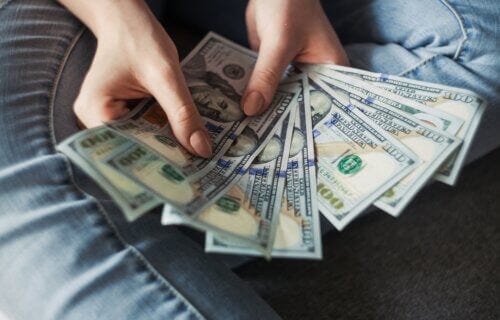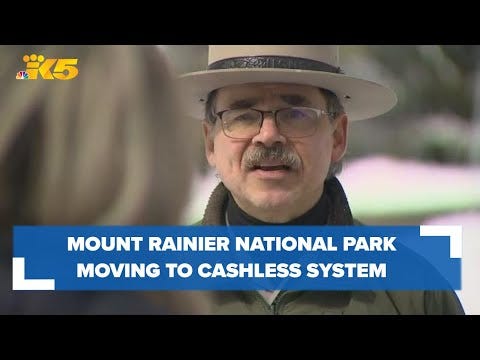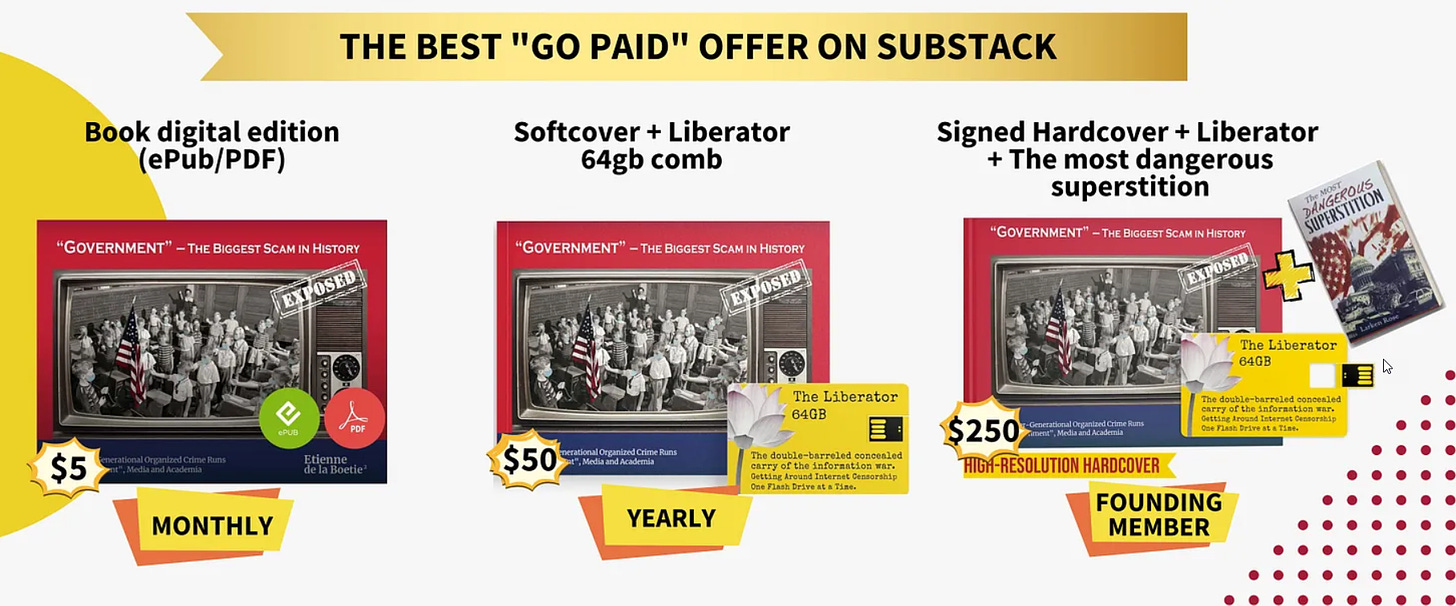‘No cash accepted’ signs are bad news for millions of Americans
How many people don’t have a bank account? And just how difficult has it become to live without one?
How many people don’t have a bank account? And just how difficult has it become to live without one?
These questions are becoming increasingly important as more businesses refuse to take cash in cities across the U.S. People without bank accounts are shut out from stores and restaurants that refuse to accept cash.
As it happens, a lot of people are still “unbanked”: roughly 6 million in the U.S., the latest data shows, which is about the population of Wisconsin. And outside of the U.S., more than a billion people don’t have a bank account.
I am a business school professor who researches society’s transition from cash to electronic payments. I recently visited Seattle and was amazed by the mixed signals I saw in many storefronts. Numerous shops had one sign proudly proclaiming how welcoming and inclusive they were — next to another sign saying “No cash accepted.” This tells people without bank accounts that they aren’t welcome.
Why not have a bank account?
Why would someone want to avoid using banks? Every two years, the Federal Deposit Insurance Corporation surveys households about their connections to the banking system and asks people without bank accounts why they don’t have one. People can respond with multiple answers. In 2021, the top reason — with over 40% of respondents choosing it — was that they didn’t have enough money to meet the minimum balance.
This is consistent with data showing that poorer households are less likely to have bank accounts. About one-quarter of those earning less than $15,000 a year are unbanked, the FDIC found. Among those earning more than $75,000 a year, almost every person surveyed had some type of bank account.
The second- and third-most common answers show that some people are skeptical of banks. Roughly one-third of survey respondents agreed that “Avoiding a bank gives more privacy,” while another one-third said they simply “don’t trust banks.”
Rounding out the top five reasons were costs of dealing with a bank. More than one-quarter of respondents felt bank account fees were too high, and about the same proportion felt fees were too unpredictable.
While many middle-class and wealthy people don’t pay directly for their bank accounts, fees can be costly for those who can’t maintain a minimum balance. A recent Bankrate survey shows basic monthly service fees range between $5 and $15. Beyond these steady fees, banks earn $4 to $5 each time people withdraw cash from an ATM or need services like getting cashier’s checks. Unexpected bills can result in overdraft fees of about $25 each time an account is overdrawn.
Go paid at the $5 a month level, and we will send you both the PDF and e-Pub versions of “Government” - The Biggest Scam in History… Exposed! and a coupon code for 10% off anything in the Government-Scam.com/Store.
Go paid at the $50 a year level, and we will send you a free paperback edition of Etienne’s book “Government” - The Biggest Scam in History… Exposed! AND a 64GB Liberator flash drive if you live in the US. If you are international, we will give you a $10 credit towards shipping if you agree to pay the remainder.
Support us at the $250 Founding Member Level and get a signed high-resolution hardcover of “Government” + Liberator flash drive + Larken Rose’s The Most Dangerous Superstition + Art of Liberty Foundation Stickers delivered anywhere in the world. Our only option for signed copies besides catching Etienne @ an event.







